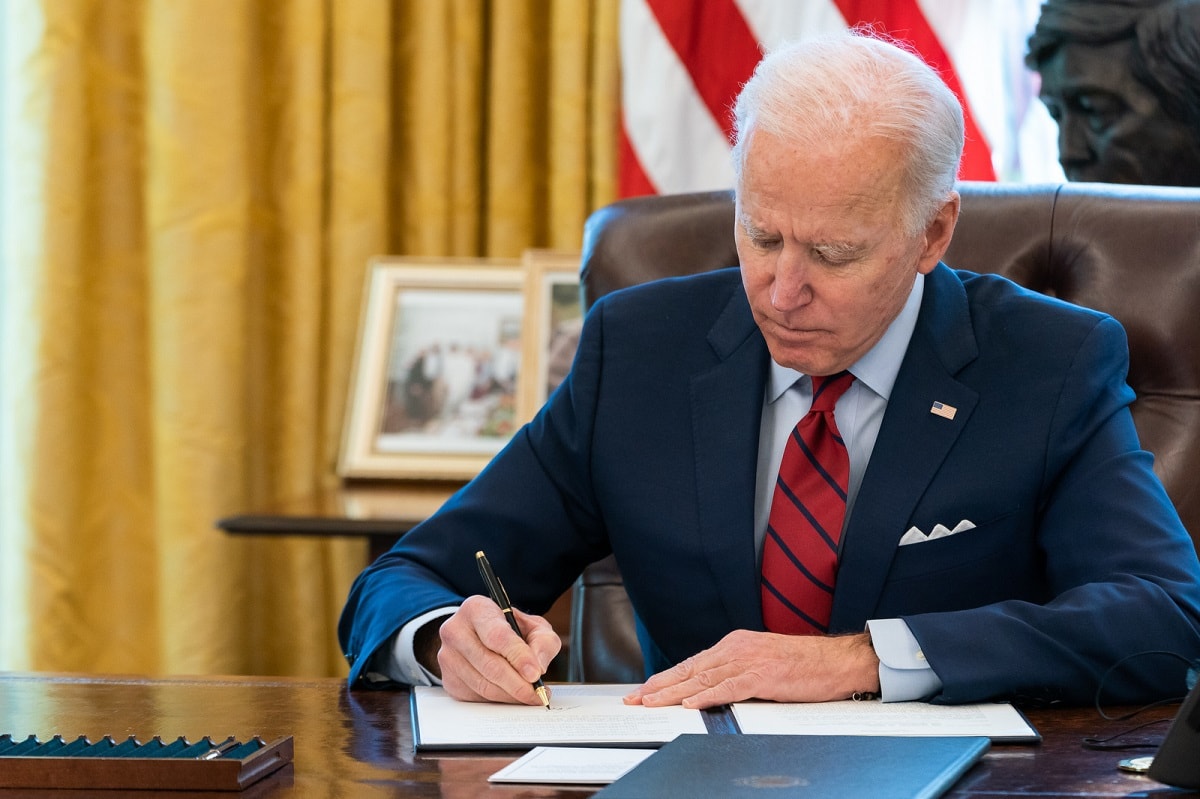Foreign ministers and envoys from across the globe continue peace talks in Doha to establish a cease-fire between the Afghan government and the Taliban. Concurrently, the Biden administration’s withdrawal of US troops from Afghanistan remains on track to finish by September 11, if not sooner. That means time is running out to influence a post-US withdrawal Afghanistan, especially with regard to the role of women. During their 1996-2001 rule, the Taliban prohibited most girls’ education and limited women’s movement. Those who did not comply faced beatings or execution. Former President George W. Bush’s recent comments cut to the chase: “These girls are going to have real trouble with the Taliban… When they had the run of the place, they were brutal,” he said.
The Taliban have promised to ensure the right of girls to education, but the devil is in the details: Their statement qualified that rights would be “provided under Islamic law” but their interpretation of such law is draconian, even by Islamist standards. A recent Director of National Intelligence report stated that the Taliban is likely to maintain “its restrictive approach to women’s rights, and would roll back much of the past two decades’ progress” if the group retakes the country.
In 2017, Human Rights Watch reported that the Taliban’s 2001 removal from power allowed millions of Afghan girls “who would not have received any education under the Taliban… [to] have had some schooling.” Afghan women today work in medicine, media, the military, and as teachers, entrepreneurs and parliamentarians. As significant is the transformation of everyday Afghans’ views on education: an increase in urbanization and connection to the West has led many to view education not only as beneficial to society, but also in alignment with Islam. Indeed, 87 percent of Afghans now believe women should have the same educational opportunities as men.
Fear of a return to the pre-2001 years is legitimate. Since the American withdrawal began, the Taliban has seized more territory and increased attacks. In areas already under Taliban control, girls have been forbidden to attend school for years, and risk everything to continue learning. As recent as May 8, 2021, terrorists bombed a girl’s school in Kabul, killing at least 90 and wounding over 140. While the Taliban did not take responsibility for the attack, the event underscores how extremist groups target girls’ education.
On April 27, 2021, Secretary of State Antony Blinken said that “an Afghanistan that does not respect [women’s] rights, that does not sustain the gains we’ve made, will be a pariah.” Policy substance, however, does not match the opprobrium. Anchoring women’s future to the Taliban’s sense of shame is insufficient. Rather, diplomats convening to discuss Afghanistan’s future in Doha, Istanbul, and perhaps other cities should tie girls’ access to education not only to US and UN assistance to Afghanistan, but also to Pakistan, the Taliban’s chief sponsor. They should demand the Taliban detail the status of such opportunities under their interpretation of Islamic law now. Special Envoy Zalmay Khalilzad should necessitate that his Taliban counterparts clarify the issue given both how he has insisted the movement has changed and because the group has had two decades to develop its interpretations. Congress might now require that the White House submit semi-annual reports about the status of women in Afghanistan and their access to education.
The Taliban may not care what the world thinks of them but, on one issue, Blinken is right. Fifty percent of the Afghan population was born after the Taliban’s 2001 fall from power. The Taliban may seek to repress Afghanistan with an iron fist, but even if the group has changed little since the pre-2001 period, the society they seek to dominate has changed greatly. Reasserting control over Kabul or Herat and crushing the aspirations of the youth and women will be met with far more civil resistance now than before. The question for Blinken is whether the US has any plan to forestall the worst case scenario beyond reprimanding the Taliban from Washington. If the answer is no, then the legacy of the Biden administration regarding Afghanistan may be anything but success.
Eileen Walsh is a research assistant at the American Enterprise Institute.

